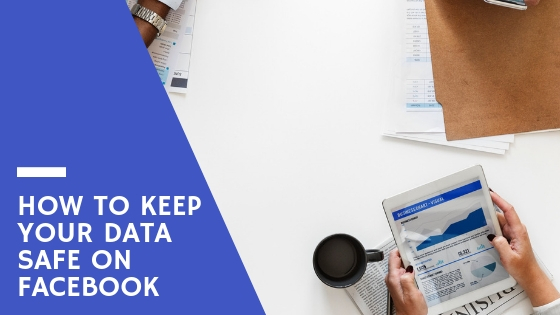Facebook has quickly grown to become the world’s top social media network. In 2008, it had just 100 million active monthly users. As of 2018, Facebook now has more than 2.27 million active monthly users. Unfortunately, this rapid growth has contributed to a variety of data leaks, exposing the personal information of millions of Facebook users. The good news is that Facebook users can protect their data from authorized access by taking a few precautionary measures.
Set profile to private
Facebook users should begin by setting their profile to private. By default, all profiles are set to public, meaning that anyone can see the user’s profile, posts, images, videos, and other content. Some nefarious individuals and organizations take advantage of this by harvesting personal information from users’ profiles. To prevent this issue from happening, Facebook users should access their profile’s privacy settings and select “Friends.” After saving the changes, only the user’s Facebook friends will be able to see his or her information.
See which third-party apps can access data
Following the Cambridge Analytica debacle, Facebook has shut down over 200 third-party apps for improper collection and use of users’ data. However, the social media network still allows third-party apps to collect users’ data.
Users can see which third-party apps have access to their data under their profile’s settings. In the bottom-left corner of the settings page, there’s a tab titled “Apps and Websites” that reveals all third-party apps with access to the user’s data.
Prohibit third-party apps from accessing data
Many users unknowingly allow third-party apps to access their data, which increases their risk of identity theft and other privacy threats. A nefarious app, for example, may collect and sell users’ data on the black market. Once on the black market, the data could be used to open credit accounts in the user’s name. Facebook users can prohibit third-party apps from accessing their data by clicking the “Remove” button next to the app’s name on their profile’s settings page if it’s an app they don’t entirely trust or need connected to their Facebook any longer.
Facebook has revolutionized the way in which people and businesses communicate. With Facebook collecting so much personal information from its users, though, users must take a more proactive approach towards protecting their data. Changing their profile’s settings and prohibiting third-party apps from accessing their data are just a few ways that users can keep their data safe on Facebook.

